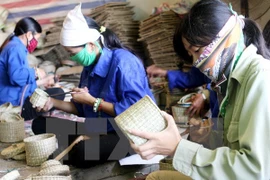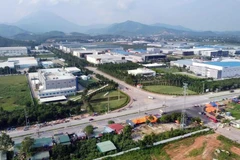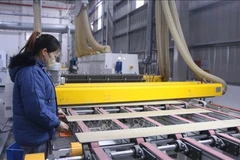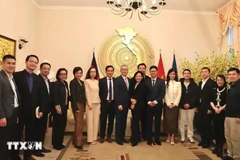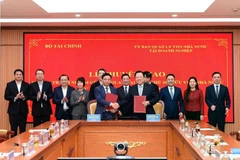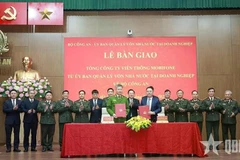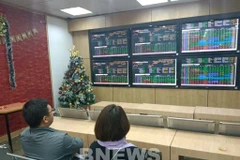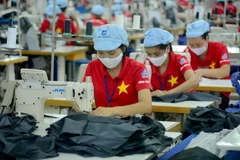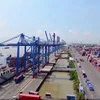Hanoi (VNA) – Phan Dang Tuan, former Director General of the Institute for Industry Policy and Strategy, spoke to Hai Quan (Customs) newspaper on how to develop support industries in Vietnam.
* The Government has given special treatment to support industries, yet little has been achieved. What are the reasons for this slow development?
It is time for support industries to make a surge in development. The Government has issued a decree on the development of support industries while the Ministry of Industry and Trade has been assigned to compile the Law on Support Industries.
These two legal documents are the foundation for the strong development of support industries in Vietnam.
The industry is the backbone for the country’s sustainable development.
Vietnam now has about 500,000 enterprises operating in the fields of mechanical engineering, electronics, rubber and plastics, but only 1,383 enterprises focused on support industries.
Another limitation is that these support industry enterprises are not connected to the global value chain – a disadvantage for Vietnamese enterprises.
* Do you think we should encourage startup enterprises in the support industries? I couldn’t agree more!
I recently suggested having startup enterprises in the support industries. To turn this idea into a reality, I think we need strong coordination among credit and financial organisations. As a signatory to quite a few Free Trade Agreements, we cannot use tax payers’ money for start up enterprises. However, the Government can use the State budget to establish a few Enterprise Incubator Foundations. From these foundations, start up enterprises will be born. Of course, to turn the idea into reality, we must have specific and detailed plans. I expect that by 2020, Vietnam will have about 5,000 support industry enterprises. By 2025, the figure will double. If things go smoothly, I’m confident that Vietnam will have a very strong support industry sector by 2025.
* Many people have suggested that we should focus on key groups of support industry enterprises. How do you respond to that idea?
We should focus on three sectors: mechanical engineering, electronics and plastic-rubber. However, among the three sectors, we should give priority to the plastic-rubber support industry. To my knowledge, the production of plastic-rubber components do not require advanced technology, and they are the major components used in TV sets, washing machines, photocopy machines and other appliances. Electronic components have higher added value, but they require skilled workers. Also, the electronics industry is subject to change very quickly, so it is only suitable for countries with advanced electronics technology.
In addition to producing plastic and rubber components, Vietnam should consider the manufacture of better quality and lower priced ceramic components to replace steel components.-VNA

